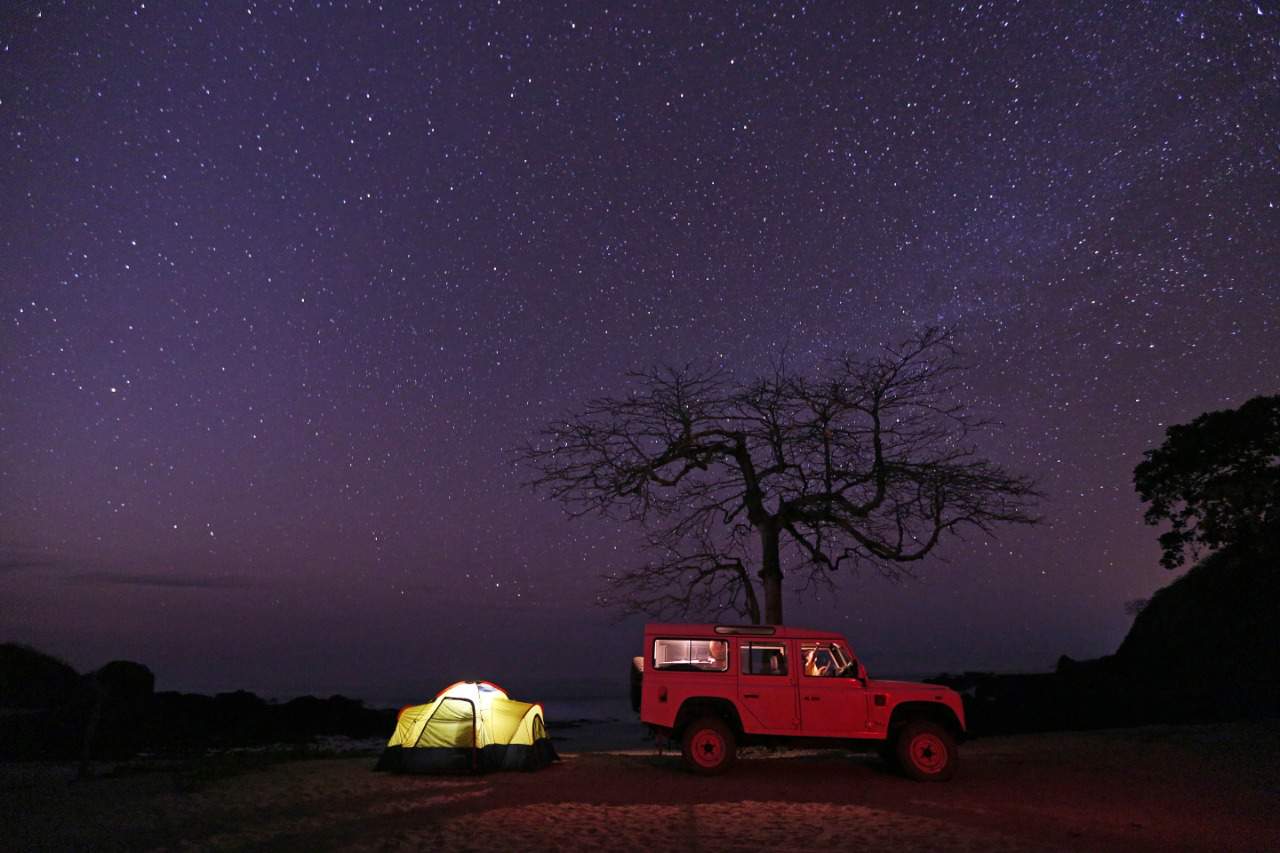With Costa Rica’s winding, narrow roads, reputation for potholes and inconsistent signage, renting a car here can be a daunting prospect to some vacationers. Adding a handful of children to the backseat, with a driver unfamiliar to Costa Rican roads, the situation can be less than ideal, said Michael Kaye, founder and CEO of travel company Costa Rica Expeditions.
“It can be stressful,” he said. “If the idea of the vacation is to relax, parents should think twice about renting a car” and consider hiring a driver or flying to their beach or rain-forest destinations instead.
But for road-savvy adventure hounds who like independence and freedom of movement, rental car companies keep a small stock of seven-passenger vehicles that sell out quickly in the high season.
Roberto Padilla, marketing manager at National Car Rental (www.natcar.com), said he steers families in the direction of a Toyota Fortuner or RAV4, depending on the number of people traveling.
“The problem is that in a country like ours, we don’t recommend automobiles,” he said. “The kids are going to be safer in an all-wheel-drive car.”
Most other rental car companies offer the Toyota Fortuner or Prado as some of the few options with more than five seats. Hola Rent a Car (www.hola.net) has the Mitsubishi Montero and Toyota Rent a Car (www.toyotarent.com) offers the Toyota Sequoia and the Land Cruiser Station Wagon.
Prices can range from $110 to $140 a day for seven-passenger vehicles, or $40 to $50 for simple five-seaters. Extras such as GPS devices, cellphones and car seats can boost a seven-passenger rental to a full $160 to $200 a day. Typically, car companies offer discounts for weeklong rentals, but prices tend to be well above those in the United States, Canada or Europe.
Under Costa Rican law, every driver is required to purchase basic insurance for $12 to $20 a day, which covers only the bare minimum in accidents. Other insurance options that protect the driver from third-party damage and vandalism are available for $10 to $25 extra per day, depending on the car and the company.
Another thing to consider when renting a car in Costa Rica is the high ticket prices established by the country’s new Traffic Law. Traffic violation fines can be over $400, and serious infractions such as reckless driving or driving under the influence can mean jail time. And if you think you can get out of a ticket by handing the police officer a few stiff bills, consider that the fine for bribing a police officer is now close to $550. Though the Public Works and Transport Ministry has undertaken special efforts to purge the police force of bribe-seeking officers, they are still widely prevalent.
Perhaps the most frequently reported problems related to car rentals here are break-ins and vandalism. Rental car companies recommend never leaving valuables in rented vehicles and always ensuring cars are left in safe places. If families should experience a flat tire or other car malfunction while on the road, car companies advise seeking a gas station or well-lit area to pull over if possible, and being wary of passers-by offering help. Thefts should be reported immediately to the police and to the rental car company.
For all the hype over the risks of renting a car, problems are relatively few. And Costa Rica’s breathtaking countryside makes the flexibility of being able to pull over whenever you want appealing.
Hola Rent a Car’s head of customer service, Alexander Sosa, had these parting words of wisdom to highway-bound travelers: “Enjoy the trip, respect traffic laws and park cars in safe and guarded areas.”
If You Are Stopped
If you are stopped by the police for a traffic violation in Costa Rica, Alexander Sosa, head of customer service for Hola Rent a Car, said the standard procedure is to present your passport, driver’s license and vehicle documents to the officer. Tickets can be paid in any state-owned bank. Never pay directly to the police officer, Sosa advised, as they are not authorized to receive money.
If you are asked for a bribe, the Costa Rican Judicial Investigation Police (OIJ) advises that you take down the officer’s name and badge number and call 800-8000-645 or visit the closest OIJ office to file a complaint.
If you are issued a ticket, don’t assume that failing to tell the rental car company about it will get you off the hook. Rental car companies have been known to chase down ticketed customers well after they’ve left the country.






